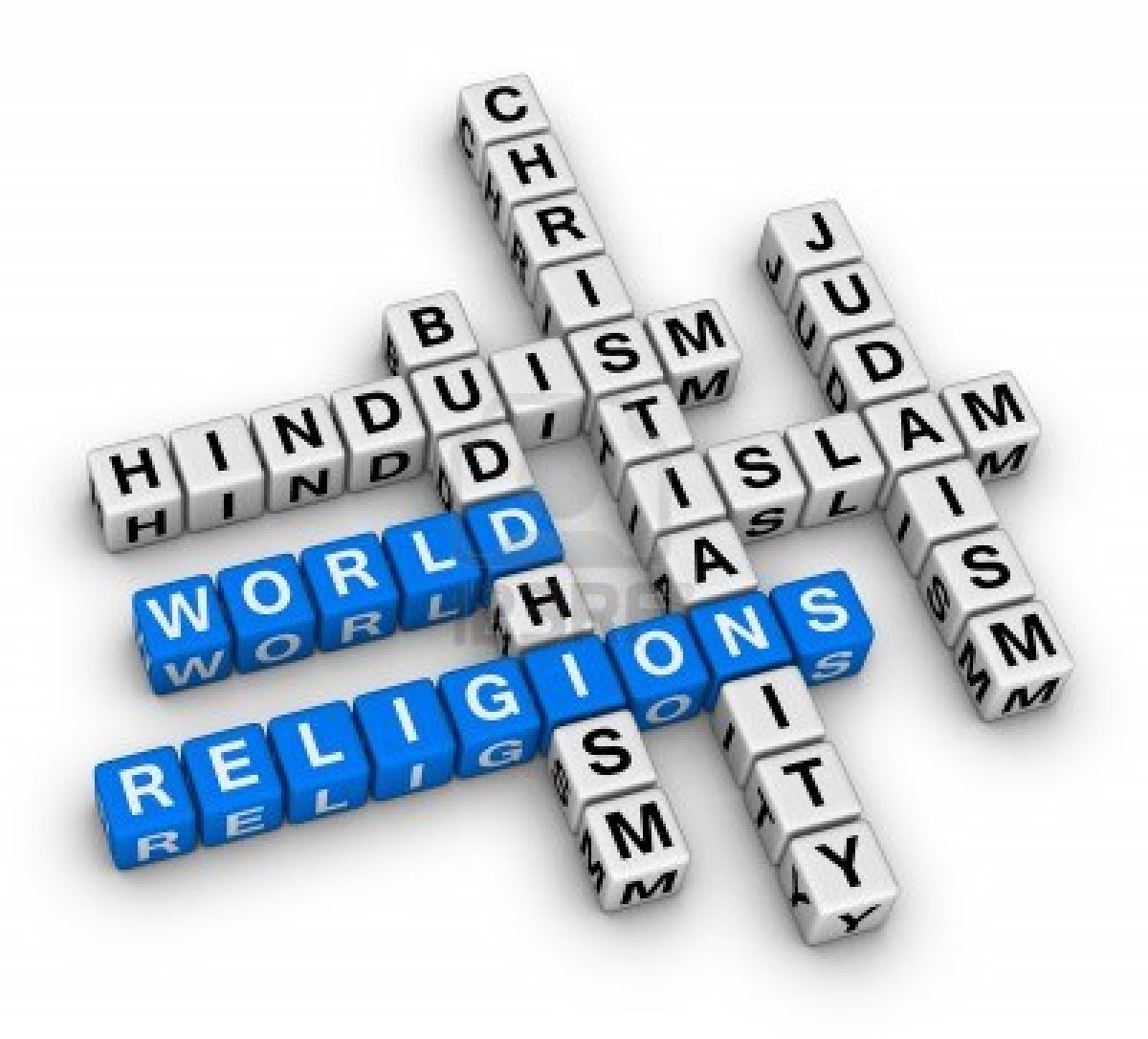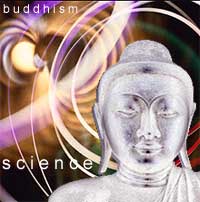Of the world’s major religions one, Hinduism, stands out as not following the Western monotheistic view of God. Close to a billion of us follow the religion. And the faith has been described as monistic, that is a belief in a single godhead who appears in multiple manifestations, or pantheist and polytheistic, that is a faith of multiple gods. The religion has strong philosophical roots with influences from the Greeks who introduced them to Plato, to Eastern mysticism with it many manifestations. It is a religion that believes in karma, the law of cause and effect. It is a religion that believes in reincarnation through the cycle of birth, death and rebirth. It is a religion in which the ultimate godhead is one and the same with all animate and inanimate things in the Universe, that we are all interconnected whether living or dead, whether planet or star.
Buddhism is the child of the Hindu faith. It cannot be described as monotheistic. Its concept of god or gods is far different. Buddha who predates Jesus of Nazareth by more than 5 centuries grew up in a world where multiple manifestations of the godhead were practiced. Today some sources estimate close to a half billion people follow Buddha although many more, maybe twice that number, practice many Buddhist precepts. The spiritual leader of Buddhism is the Dalai Lama.
Buddhists believe in a cycle of life and death like their Hindu neighbors. They seek Nirvana, a state of oneness with the godhead and through a series of births and rebirths go through 31 planes of existence to attain perfection. It is a faith of personal salvation through following an eightfold path. Some would even say it is a faith focused on humanity and not a god, atheism with a plan.
The combination of these two East Asian faiths represent in followers numbers almost equal to the umma, the followers of Islam. But the two differ from Islam in their acceptance of modern science and technology even though the populations of these faiths have experienced similar subjugation by colonial Western European nations in the past. So why is that?
Because Hinduism and Buddhism approach creation in a similar way to the scientific explanation, the Big Bang. Even reincarnation is analogous to the recycling of matter in the Universe with the birth and death of stars and planets. Both religions look at medical technology and its focus on the whole person as consistent with religious teachings. There is a strong cultural acceptance within Buddhist and Hindu societies of all forms of medical intervention in treating human disease. Genetic engineering raises issues in both faiths as it does in Christianity and Islam. For Hindus and Buddhists who see animals, plants, air, water and all of matter as an expression of the godhead, manipulation at a genetic level of food crops conflicts with respecting existing life even though in India where Hinduism predominates the need to grow enough food to feed the more than one billion citizens is of paramount importance.
How do these two faiths accommodate to the issue of global warming, climate change and ecology? India today faces some of the greatest environmental challenges on the planet. The population will soon surpass that of China even though the country is half its size. The cycle of the monsoon, the annual life enriching source of water for the subcontinent is being threatened by changes in weather patterns as the atmosphere warms. The glaciers of the Himalayas, the primary source of freshwater for the major rivers of Northern India, are at risk of melting as temperatures rise in higher elevations. When you consider that the religion sees all matter as a manifestation of the godhead then current Hindu practices are out of synch with a sustainable future. Hindu texts describe the Universe as the body of God. Rivers are sacred and given godlike manifestations. Forests as well. So if any religions are ready to embrace modern science and technology in combating climate change it would seem that Hinduism and its Buddhist incarnation are most willing.











